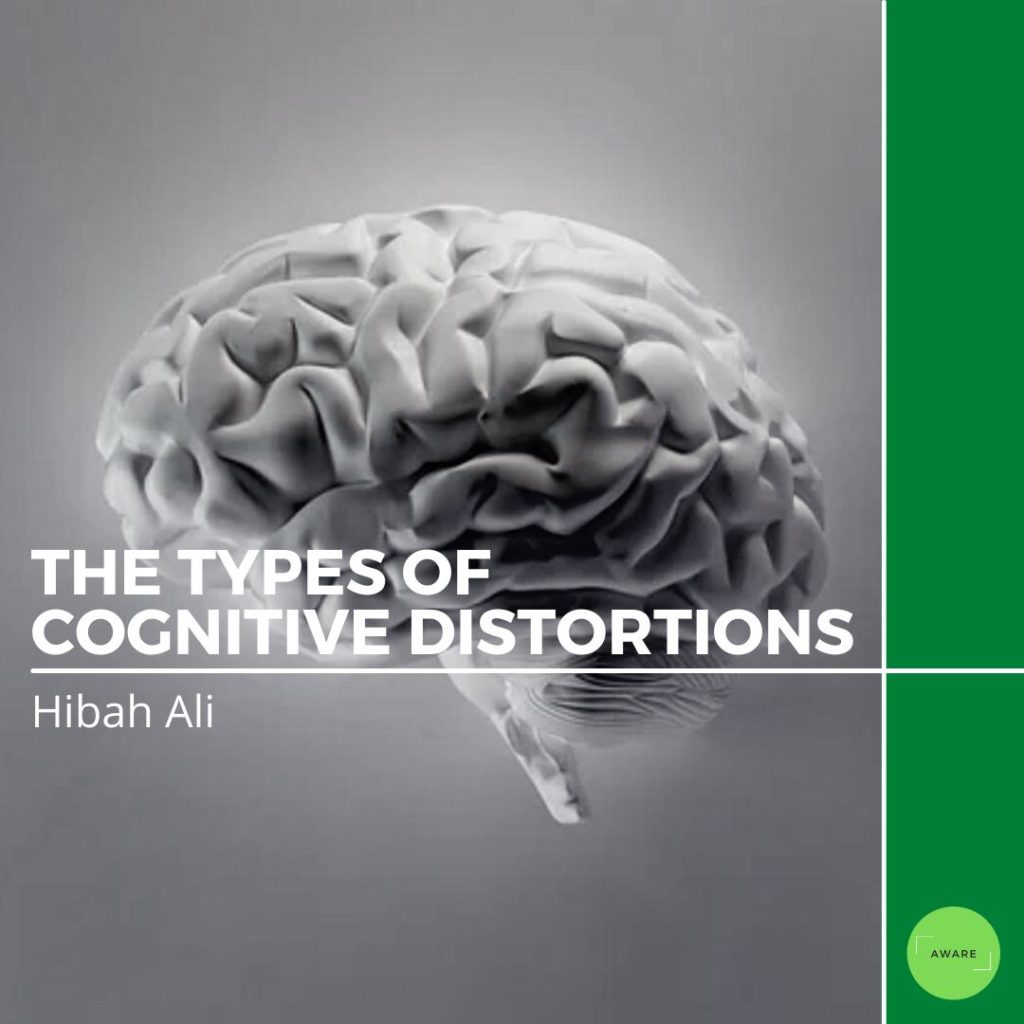“They must all hate me.” “I am not good enough for this job.” “I am a burden on my loved ones.” Have you ever experienced very intense, debilitating thoughts that tend to criticize and challenge yourself self-esteem? These thoughts are known as cognitive distortions. They are highly exaggerated patterns of thinking entrenched within the negative perspective. They are irrational in nature and are not based on objective facts. On the contrary, they act as amplified echoes of the worst things that we think about ourselves. If reinforced consistently over time, they can become skewed beliefs pertaining to self-esteem, identity, and even self-worth. Therefore, it is important to be aware of the different patterns of these thoughts, as identifying them accurately and categorizing them is the first step to actively challenge their validity in the face of objective reality.
- Catastrophizing – This involves the person predicting a negative outcome before it has even occurred, becoming demoralized and ruminating over potential mistakes and expanding on them even more. When, in reality, the outcome has not even happened yet. Nevertheless, the individual would have already experienced the negative outcome mentally on such a large scale. It already feels as though the thought has become reality, despite the lack of evidence.
- Emotional Reasoning – This is a commonly misunderstood concept. It tends to take place when individuals begin to think that their feelings are actually facts, such as with “I feel it so it must be true.” These thoughts are internally generated and often do not reflect reality because of the deep negativity bias.
- Jumping to Conclusions or Mind Reading – This is the process where you begin to automatically assume that others have negative perceptions about you, and the individual believes them rather than comparing the perceptions to objective reality.
- All-Or-Nothing Thinking or Polarized Thinking – This thought pattern is also extreme in nature. It generally takes on a very black-and-white sense of thinking and completely overlooks any possible subtleties, context, or even excuses for others or the self.
- Overgeneralization – This is a unique cognitive distortion as it attempts to mentally replicate past failures and generalize them to all interactions. It uses one negative event as a benchmark and compares any present or future issues against it, regardless of whether the two situations are in fact comparable.
Self -Compassion
It is important to be equipped with self-compassion in the face of these cognitive distortions. One of the strongest ways of counteracting those flimsy internal voices is to constantly question them, challenge them, and pick them apart to really understand the validity of those statements. The more often an individual practices this constant awareness, the easier it will become for these thoughts to simply pass through.
